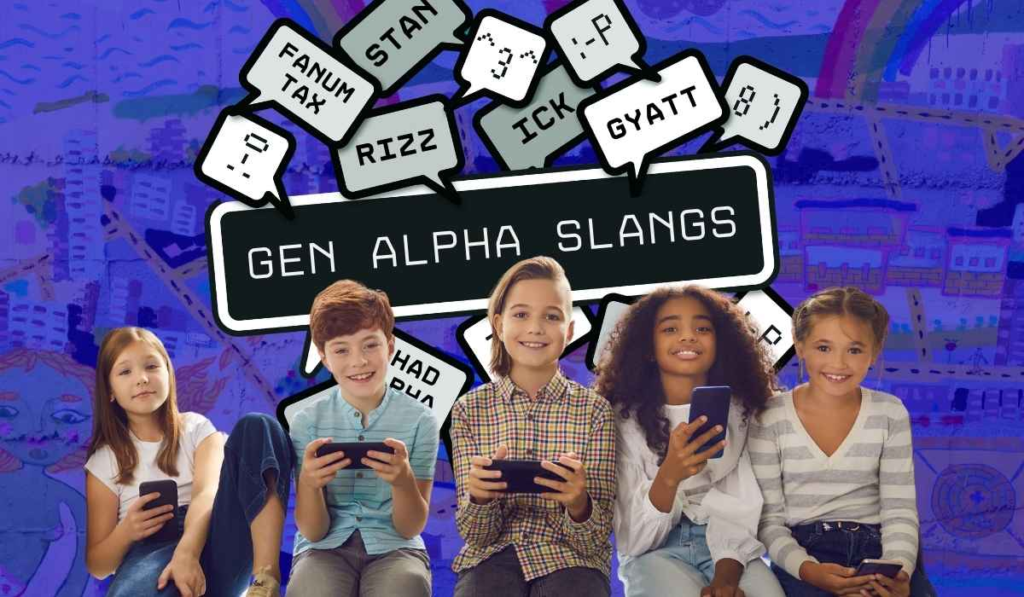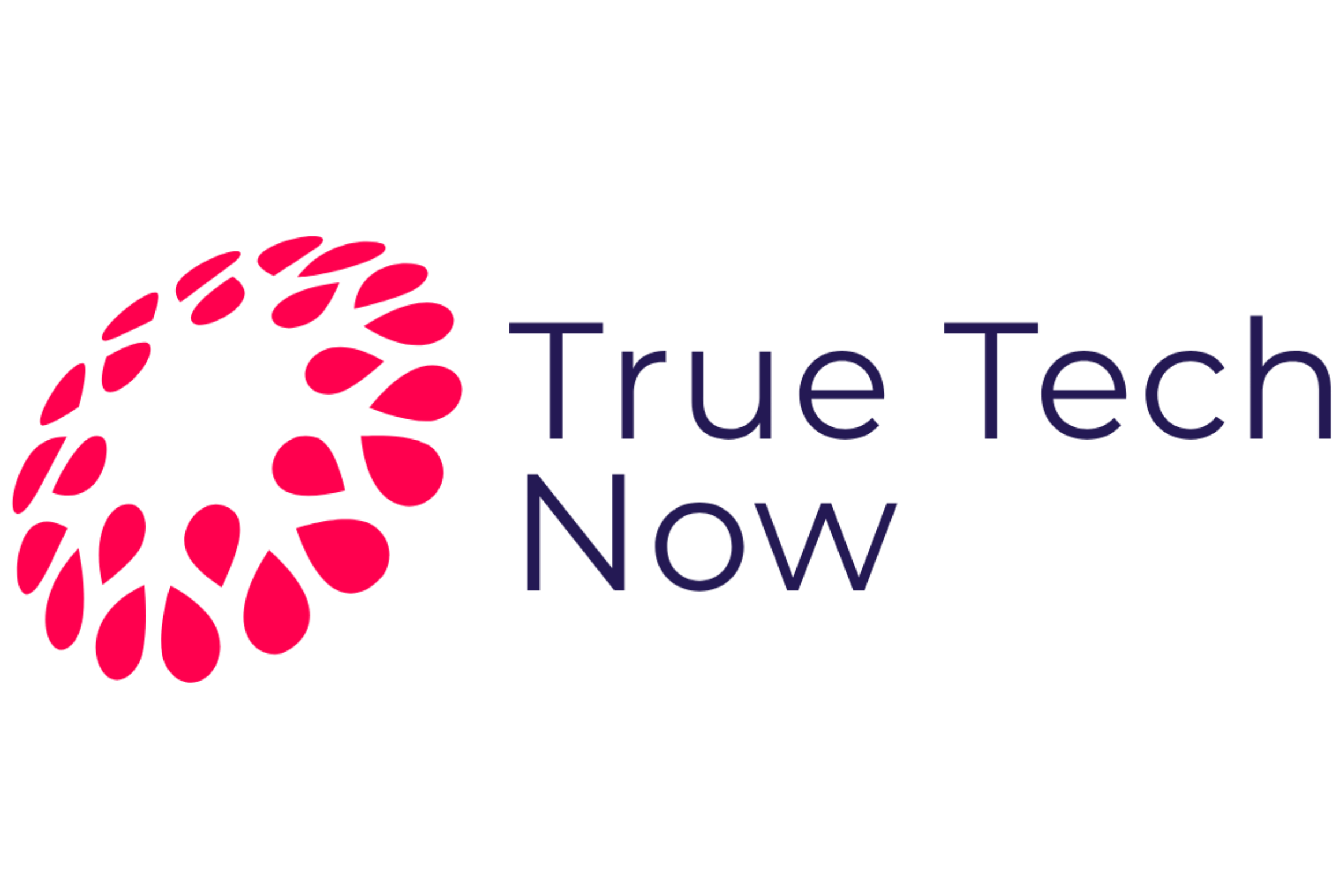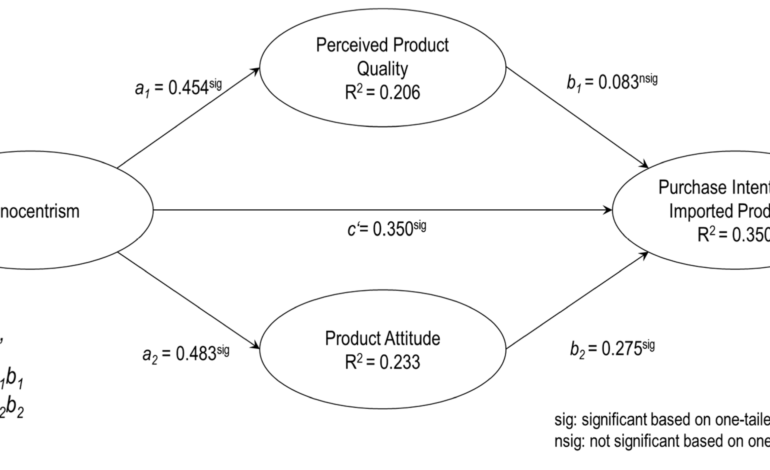Understanding Gen Alpha Slang: A Fun Guide to the New Words and Phrases

Gen Alpha slang is a new language emerging among younger generations, especially those born in the mid-2010s. This guide explores the meaning, popularity, and influence of these fresh terms. We’ll dive into how these expressions impact communication, and how they reflect the digital age and changing trends.
What is Gen Alpha Slang?
Gen Alpha slang refers to the words and phrases popularized by Generation Alpha, the group of people born roughly between 2010 and 2025. These terms are often creative, playful, and influenced by social media, internet culture, and trends from platforms like TikTok, Snapchat, and Instagram. Just like any other generation, Gen Alpha develops its ways of communicating to express emotions, opinions, and humor.
The use of slang is nothing new. Every generation has had its unique way of speaking. However, Gen Alpha slang is notable for being more digital-first, relying heavily on visual mediums, memes, and online interactions. As this generation grows up surrounded by advanced technology, it’s no surprise their slang words are closely tied to the digital age.
Why Gen Alpha Uses Their Slang
There are several reasons why Gen Alpha has developed its slang. First, it’s a way to establish identity. Slang is a tool that helps groups distinguish themselves from others, and for Gen Alpha, this is no different. By using unique terms, they can create a sense of belonging with their peers, while also signaling that they belong to a specific cultural movement or trend.
Additionally, Gen Alpha is often exposed to diverse cultures, lifestyles, and languages through the internet. Social media and global connections make it easy to blend different slang from around the world, leading to a more dynamic and evolving lexicon.
Lastly, as Gen Alpha spends more time online, they also tend to adopt slang that is quick and efficient to type or say. Emojis, abbreviations, and acronyms are becoming more common, as they fit the fast-paced nature of digital communication.
Popular Gen Alpha Slang Words
While there are countless slang words used by Gen Alpha, some of them have gained more traction than others. Here are a few examples:

“Bet” – Agreeing or Confirming
“Bet” is commonly used to agree with someone or confirm something. For example, if someone says, “Let’s go to the park later,” and you respond with “Bet,” it means you’re confirming the plan. It’s an easy, quick way to say “okay” or “sounds good.” The term has quickly become a staple in Gen Alpha’s vocabulary.
“Flex” – Showing Off
“Flex” is a term that’s been around for a while but has been given a new twist by Gen Alpha. To “flex” means to show off, particularly in a way that highlights one’s success or material possessions. If someone posts a picture of their new phone on social media, they might caption it with “#flex” to indicate they’re showing off.
“Sus” – Suspicious or Sketchy
“Sus” is short for “suspicious” or “sketchy.” If someone’s actions seem shady or untrustworthy, Gen Alpha might say they’re “us.” This word gained massive popularity from the online game Among Us, where players used it to refer to someone they suspected of being an impostor. Now, it’s used in everyday conversation to describe anything or anyone that seems off.
How Slang Changes Over Time
Slang is constantly evolving, and Gen Alpha slang is no exception. Words that are popular today might not hold the same meaning tomorrow. This change is often driven by various factors, such as shifts in cultural trends, the rise of new digital platforms, or even the influence of popular figures and celebrities.
What’s unique about Gen Alpha is how quickly their slang can spread. Thanks to platforms like TikTok, one phrase can go viral in a matter of days and be used by millions of people worldwide. This rapid spread accelerates the lifespan of slang, making it harder to predict which terms will stick around and which will fade away.
How Gen Alpha Slang is Influenced by Technology
Technology plays a major role in the development of Gen Alpha slang. With the rise of smartphones, social media, and messaging apps, communication is quicker and more informal. As a result, Gen Alpha has adapted its language to fit these new mediums.
For example, abbreviations like “lol” (laughing out loud) and “brb” (be right back) have been around for years, but now new generations are creating their own versions, such as “type” (for your page) or “fr” (for real). The need for brevity in texting and social media captions has led to the development of these types of slang terms.
Furthermore, the influence of video content cannot be overstated. Platforms like TikTok, which often feature short, catchy videos, encourage the use of quick, easily understood phrases. Memes and viral challenges also contribute to the spread of slang words, creating trends that are often fleeting but incredibly influential during their time.
How to Use Gen Alpha Slang
If you want to communicate with Gen Alpha or simply stay on top of the latest trends, learning how to use their slang is essential. But it’s important to use these terms naturally, without forcing them into conversations.
One tip is to pay attention to how these words are used in context. For example, if you hear someone say “Bet,” make sure it’s being used to confirm something or show agreement. Trying to use slang in an awkward or forced way can make you seem out of touch.
Additionally, don’t be afraid to ask young people for clarification. Slang can be confusing, especially since it changes so rapidly. It’s better to ask than to misinterpret the meaning.

Gen Alpha Slang and Communication
Gen Alpha’s approach to communication is different from previous generations, and their slang reflects this shift. They value speed and efficiency in communication, and this is evident in the rise of abbreviations, acronyms, and phrases that can be typed or spoken quickly.
Their language also tends to be more playful, creative, and sometimes even ironic. They enjoy experimenting with words, mixing languages, and creating new meanings for old terms. This sense of creativity is a defining characteristic of Gen Alpha’s slang.
“Lit”: What Does It Mean?
“Lit” is another term commonly used by Gen Alpha. Originally used to describe something that was exciting or fun, “lit” has become a catch-all phrase to describe anything that’s cool or impressive. If something is “lit,” it’s considered top-notch, whether it’s a party, an event, or even a new song.
“Cap or No Cap”: What’s the Difference?
“Cap” refers to lying, while “no cap” means telling the truth. If someone says “Cap,” they’re suggesting that what you said isn’t true. On the other hand, when someone says “No cap,” they’re assuring you that what they’re saying is 100% truthful. This phrase is often used to emphasize honesty or exaggerate the truth.
What Parents Think About Gen Alpha Slang
Parents might feel confused or even frustrated by the new slang their children are using. To many adults, these terms can seem unnecessary or even inappropriate. However, it’s important to recognize that slang is a natural part of language evolution, and it’s how younger generations establish their identity and fit in with their peers.
Parents who take the time to understand and appreciate this new language can build better connections with their children. Engaging with Gen Alpha’s slang also shows a willingness to stay connected to the times.
In Conclusion
Gen Alpha slang is not just a trend—it’s a way for young people to express themselves in a fast-paced, tech-driven world. As slang continues to evolve, it’s important to understand the influence of technology and how it shapes language. Embracing these new terms can help us stay connected with younger generations and gain insight into their unique world. Whether you’re using it yourself or just curious, Gen Alpha slang is here to stay.






